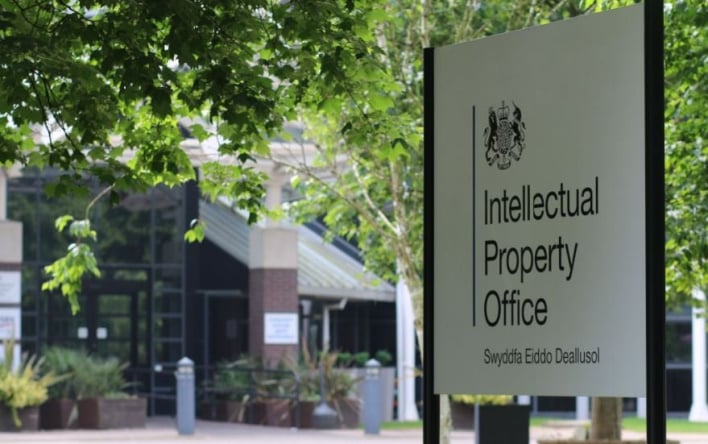UK Court Rules That AI Can’t Be An Inventor Of A Patent, Do You Agree?
In 2015, Stephen Thaler filed a U.S. patent for something dubbed Dabus (Device for the Autonomous Bootstrapping of Unified Sentience), an "Electro-optical device and method for identifying and inducing topological states formed among interconnecting neural modules." While that description may seem like a fair amount of nonsense, in short, it is artificial intelligence with the capability to design inventions. For example, Dabus was used in 2018 for a type of food container and a flashing light, both of which Mr. Thaler attempted to patent in the United Kingdom.

In doing this, he did not list himself as the inventor, rather opting to list Dabus while arguing that he should be given the patent "by ownership of the creativity machine," according to the BBC. However, the UK's Intellectual Property Office (IPO) told Thaler that it was necessary to list a real human as an inventor, not a machine. Thus, with this "error," the patent application was considered withdrawn.
Mr. Thaler took this discrepancy to the High Court, where he lost, and subsequently went to the Court of Appeal. A two-to-one majority then decided that an inventor must be a real human under the UK's current law. The court established this verdict through direct references to a "person" or "persons" in the law and dictionary definitions of an inventor. Subsequently, Lady Justice Elisabeth Laing explained that "Only a person can have rights. A machine cannot."
Though this case may seem clear cut, it does raise the question of who is the rightful inventor of a project when it comes to artificial intelligence? Does the patent get passed to the creator of the AI, the operator of the AI, or the AI itself? There must be some legal clarifications in the future, but for now, sound off in the comments below about this curious case.


